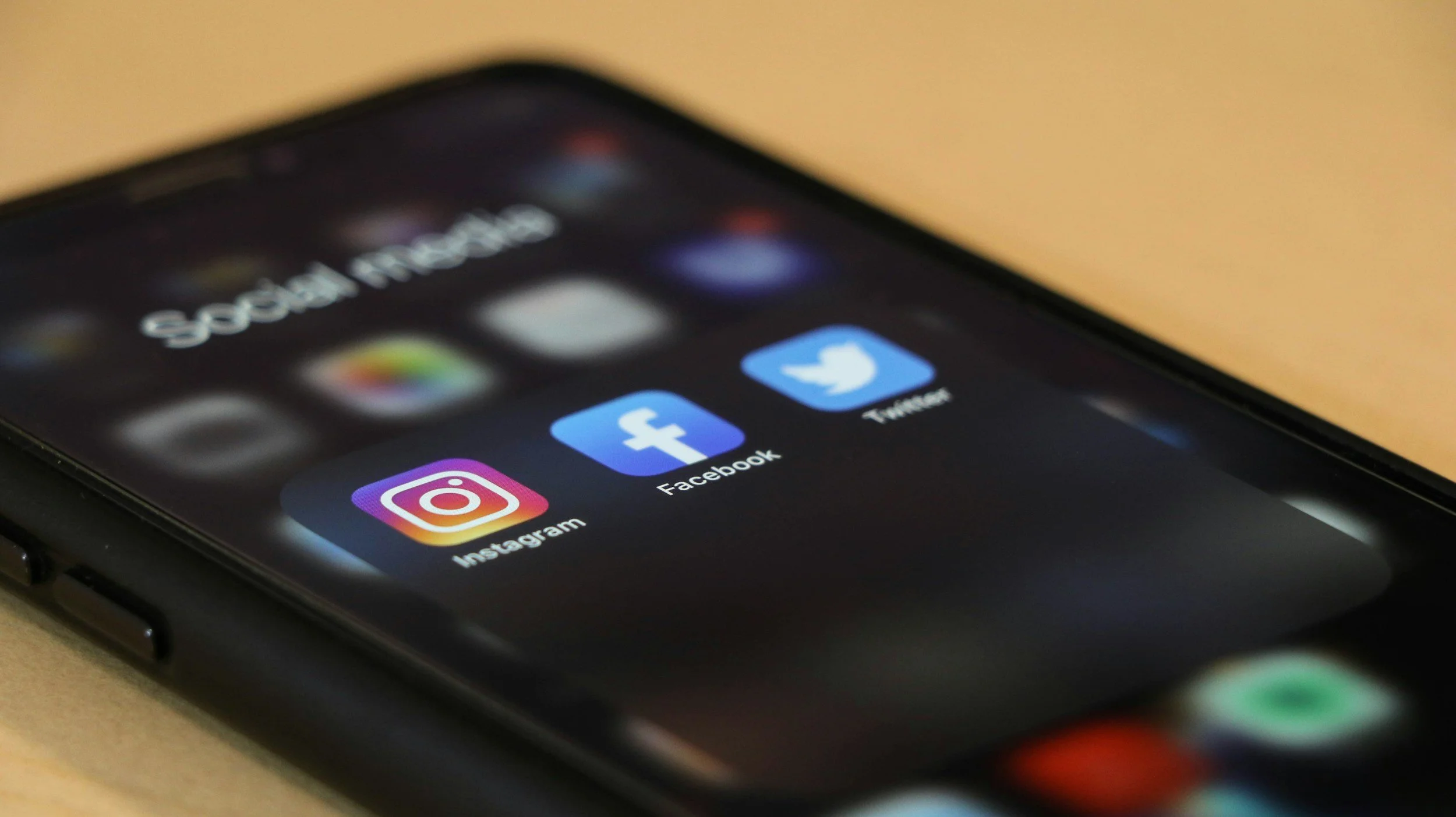How SEO and Social Media Amplify Each Other
Marketing professionals rarely travel a linear career path. We adapt, pivot, and constantly expand our skill sets across multiple channels—it's practically in our DNA. Whether we're freelancing, working at startups, or supporting agency clients, most of us have stretched beyond our core specialties to tackle adjacent marketing disciplines.
My journey is no exception.
I first dove into social media during college while leading a passionate student initiative to resurrect a beloved professional theater company at College of DuPage. What began with organic social posts evolved into paid campaigns and YouTube content creation. The campaign succeeded (the theater company returned!), and I discovered my calling in the process.
Years since then, I've helped our social teams countless times, from setting up Meta pixels to sharing keyword data for content ideas. Though I'm no longer focused on social media, I still provide SEO insights to our social team, and they return the favor with social expertise. This back-and-forth got me thinking: How exactly do these two channels help each other?
The Connection: Different But Complementary
Google says social signals don't directly affect rankings. But that doesn't mean they don't matter! The relationship works in other powerful ways:
Social profiles show up in search results, especially for brand searches
Social media drives traffic to your website, boosting engagement metrics Google watches
Social platforms help your content reach more people than search alone
Popular social content often earns backlinks, which definitely help SEO
How Social Media Helps Your SEO
More Website Visitors
When you share website content on social media, you get traffic that doesn't depend on Google. These visitors interact with your site, improving metrics like time-on-page that search engines notice.
Wider Content Reach
Posting your content on Facebook, Instagram, or TikTok gets it in front of people who might never find it through search. More eyeballs mean more chances for shares, links, and engagement.
The Power of Likes and Shares
While not direct ranking factors, posts that get tons of engagement attract attention. This leads to more traffic, natural backlinks, and brand mentions – all good for SEO.
Building Brand Awareness
When people see your brand regularly on social media, they're more likely to search for you by name or click your search results. These behaviors send positive signals to search engines.
How SEO Tactics Improve Social Media
The relationship goes both ways:
Keyword Research for Better Posts
Use SEO keyword tools to discover what your audience is searching for, then create social content around those topics. This matters since many people now search directly on social platforms.
Platform-Specific Tips
For YouTube:
Put keywords in your file names, titles, and descriptions
Add captions and transcripts
Use hashtags to connect related videos
Break longer videos into chapters
For Facebook:
Add keywords to your "About" sections
Include your location for local visibility
Create a consistent username across platforms
For Instagram:
Mix popular and niche hashtags
Put keywords in your captions, not just hashtags
Use location tags to boost local visibility
For LinkedIn:
Complete every section of your company profile
Share in-depth content that showcases your expertise
Post regularly to keep your page active
How to Make Them Work Together
1. Profile and Content Optimization
Add keywords to your social profiles and link clearly to your website
Use your target keywords in posts, captions, and descriptions
2. Social Sharing and Engagement
Add share buttons to your website content
Engage with comments to boost visibility and signal popularity
3. Content Distribution and Backlinks
Share your best website content across all social channels
Partner with influencers to reach new audiences who might link to you
4. Brand Building and Search Volume
Build a strong social presence to increase branded searches
Keep your messaging consistent across all platforms
5. Faster Indexing
Social sharing helps Google find and index your new content more quickly
6. Data-Driven Content Planning
Use social analytics to discover what content works, then create similar topics for your SEO strategy
Making It Happen: Best Practices
Create content that works for both channels - not separate strategies
Fill out social profiles completely with keywords and links
Ask questions in posts to boost engagement
Track how social traffic behaves on your website
Team up with influencers to expand your reach
Use the same keyword research for both SEO and social content
Jump on trending topics when they fit your brand
Measuring Success
To see how your SEO and social efforts help each other, watch these metrics:
1. Social Engagement
Track likes, shares, and comments on your posts
These show how well your content connects with people
2. Website Traffic from Social
Count how many visitors come from social platforms
This directly measures social's impact on your site
3. How Social Visitors Behave
Look at how long social visitors stay on your site and how many pages they view
When social visitors stick around, search engines notice
4. New Backlinks
Monitor links from new websites after social sharing
Popular social content often attracts natural links
5. Brand Searches
Track how many people search specifically for your brand
Increases after social campaigns show growing brand strength
Wrapping Up
Social media might not directly boost your search rankings, but its benefits for SEO are real and significant. From driving traffic to building brand awareness to attracting backlinks, social media makes your SEO work better.
Similarly, SEO tactics make your social media more effective. As the lines between search and social continue to blur, smart marketers will stop treating them as separate channels and start leveraging their powerful connection.
The most successful digital strategies don't put SEO and social in separate boxes—they recognize how these channels strengthen each other and create plans that maximize this powerful relationship.

